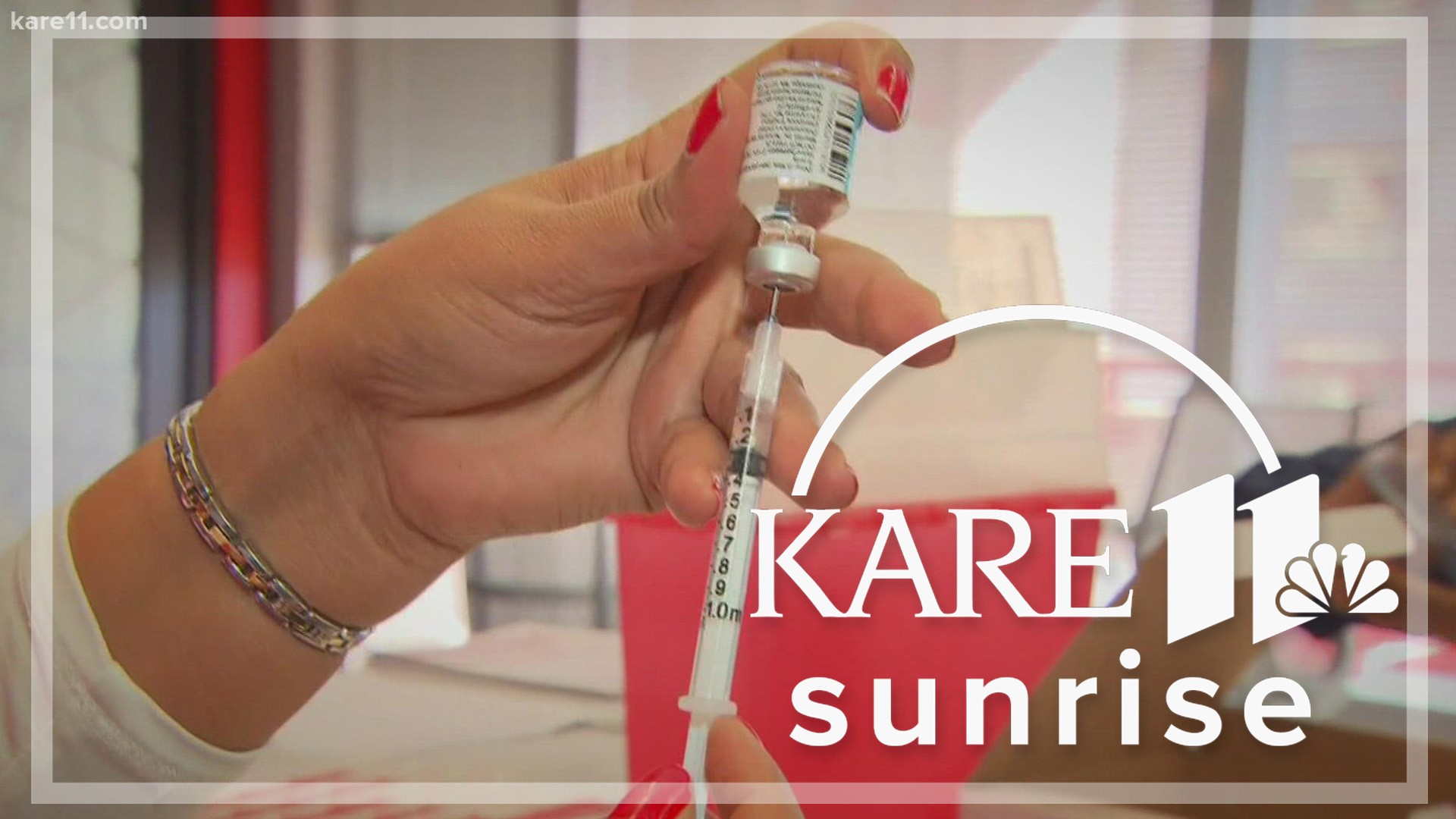MINNEAPOLIS — It's been more than three years since COVID-19 was first declared a public health emergency of international concern (PHEIC) back in 2020, with almost 7 million reported deaths worldwide as of today.
"The end of the public health emergency is a huge milestone - it means we have more tools in the box," said Interim Assistant Commissioner for the Health Response Bureau at MDH, Cheryl Petersen-Kroeber.
This week — the World Health Organization's International Health Regulations Emergency Committee met and decided that the current health emergency should end, due to declining COVID-19-related hospitalizations and deaths — along with high levels of immunity in the population.
A PHEIC creates an agreement between countries to abide by WHO’s recommendations for managing the emergency. Each country, in turn, declares its own public health emergency – declarations that carry legal weight. Countries use them to marshal resources and waive rules in order to ease a crisis.
"In Minnesota alone, we've vaccinated more than 700,000 people," said Petersen-Kroeber.
Access to COVID-19 vaccinations and certain treatments, such as Paxlovid and Lagevrio, will generally not be affected.
At the end of the COVID-19 PHE on May 11, Americans will continue to be able to access COVID-19 vaccines at no cost, just as they have during the pandemic, due to the requirements of the CDC COVID-19 Vaccination Program Provider Agreement. People will also continue to be able to access COVID-19 treatments just as they have before.
Once the federal government is no longer purchasing or distributing COVID-19 vaccines and treatments, payment, coverage and access may change.
"They'll still have access to vaccines at this point in time, the bivalent boosters are available for most ages," she said, adding, "therapeutics — if you end up with COVID, you can participate in MDH program to get on medications to help reduce severity."
But when it comes to testing, she says, "testing will change a little, some people have been notified to get the test prior to the 11th," she said.
The Department of Human Services says telehealth will now be affected. The vast majority of current Medicare telehealth flexibilities that people with Medicare — particularly those in rural areas and others who struggle to find access to care — have come to rely upon throughout the pandemic, will remain in place through December 2024.
While health officials continue to keep a close eye on COVID-19 cases and track data, "We will continue to monitor if we see a spike, not everything will be the same on our websites, so there will be changes so the folks who like to monitor that will see changes in the amount of data that is shared," Petersen-Kroeber said.
They're reminding people to stay vigilant.
For more information on changes from the U.S. Department of Human Services, visit the link here.
Watch more local news:
Watch the latest local news from the Twin Cities and across Minnesota in our YouTube playlist:

